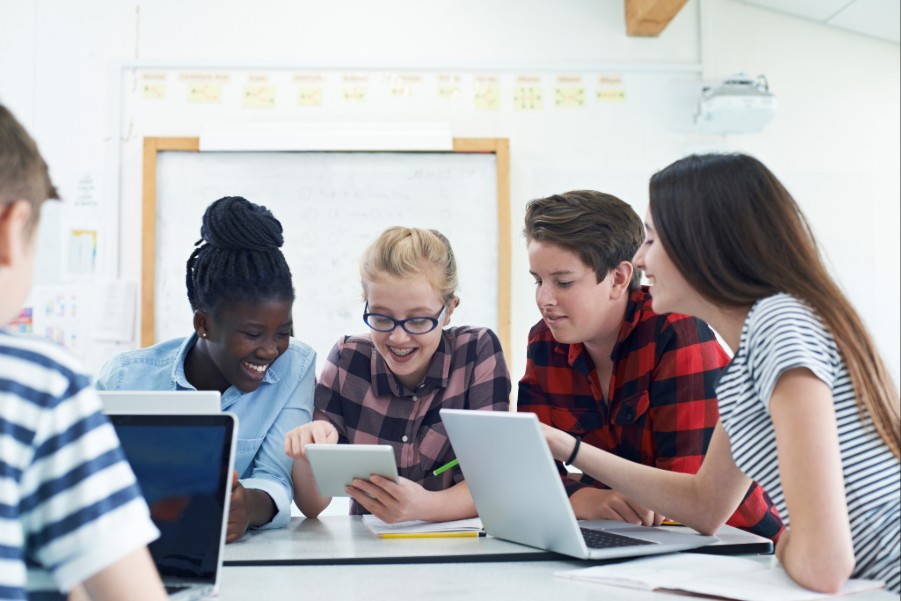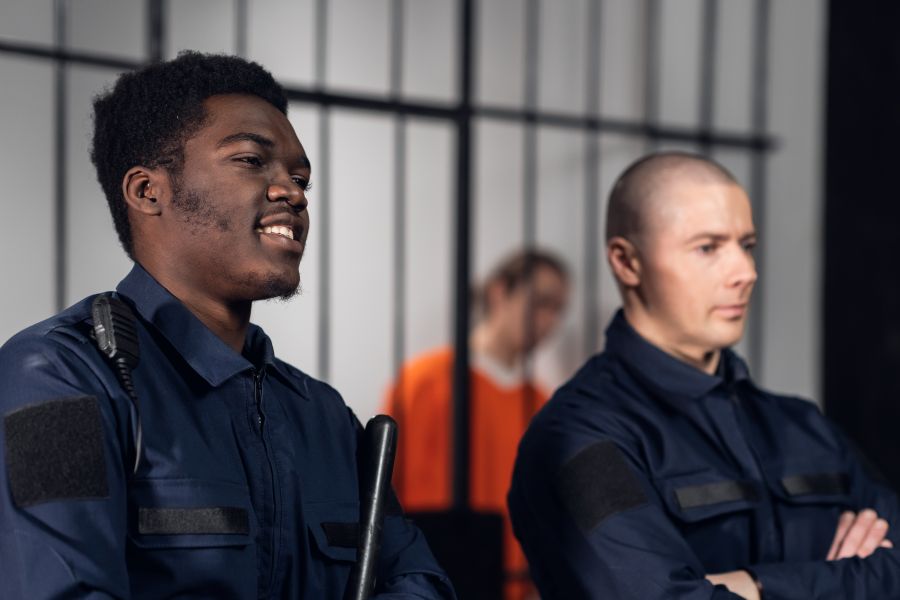It’s easy to feel mentally exhausted in a world that demands so much of our time, energy and focus. Many people push themselves from sunup to sundown in a quest to keep up with responsibilities at home and work, juggling social events, kids’ activities and other commitments. With all this, the need to take care of ourselves is real. In fact, if self-care is ignored, our bodies can feel the impact, opening the door to burnout, nervous exhaustion, or even developing or worsening mental health and substance use challenges.
Why Self-care Matters
We encourage you to show yourself the same kindness you extend to others — by practicing self-care. Research continues to highlight the vital role that self-care plays in maintaining mental health and resilience. Studies suggest that practicing self-care can boost happiness, enhance productivity and foster emotional health. It can also reduce the risk of chronic health conditions, such as heart disease and stroke.
Self-care doesn’t need to be complicated or expensive. It can be small, intentional acts that cater to your emotional, mental or physical needs. If you’ve been feeling drained, taking a moment to reset can give you the strength to keep going, both for yourself and others.
How To Practice Kindness and Self-care
Looking to start your self-care journey? Here are 10 simple ways you can practice kindness toward yourself and others:
1. Create affirmation cards.
Writing positive statements and placing them around your home can create an environment that uplifts you. Consider phrases like, “I am worthy of love,” “I am resilient,” and “I am enough.” Surrounding yourself with these affirmations will boost your self-esteem and mental health.
2. Connect with a friend.
Social connections are vital for mental health. Whether you’re reaching out to an old friend or checking in with a close buddy, taking the time to connect helps reinforce your support network.
3. Express yourself creatively.
Art and other creative outlets can reduce stress and improve mood. Try drawing, painting or even composing music. These activities help you process emotions and engage with your inner self.
4. Curate a mood-boosting playlist.
Music can deeply impact your emotional state. Whether you need relaxation or motivation, create a playlist that resonates with you. The right tunes can lift your spirits instantly.
5. Join a community group.
If you’re seeking connection, consider joining an online group that shares your interests. Whether it’s a book club, gardening group or mindfulness circle, these communities offer emotional support and joy.
6. Journal your thoughts and experiences.
Writing down your feelings can release stress. Whether you prefer structured prompts or free-form writing, journaling helps you clear your mind and gain clarity.
7. Schedule a “nothing” day.
Sometimes, the most generous act of kindness is permission to do nothing. We often push ourselves too hard without giving our minds and bodies a chance to recover. Scheduling a day of “nothing” can do wonders for your mental and physical health. A “nothing” day lets you recover mentally and physically, which ultimately rejuvenates your spirit.
8. Spend time outdoors.
Research shows spending time outside reduces the risk of depression and boosts serotonin levels and Vitamin D production.
9. Start a new book.
Put technology down and get lost in a good book. There are tons of must-read lists to get you started.
10. Meditate.
Incorporating meditation into your daily routine can bring you peace, calm and balance.
It’s important to remember that self-care is not a one-time event, but a continuous practice. And if you’re unable to integrate these activities into your daily routine right away, don’t be discouraged. Life happens — tomorrow is always a fresh start.
Extend Your Impact With Youth Mental Health First Aid
Another way to practice kindness is to get certified in Mental Health First Aid. The course will help you recognize and respond to signs and symptoms of a mental health or substance use challenge — which goes a long way toward helping others as well as nurturing yourself.
Youth Mental Health First Aid (MHFA) is an evidence-based curriculum teaches parents, adults, teachers, coaches and more how to help an adolescent (age 12-18) who may be experiencing a mental health or substance use challenge or may be in crisis. Parents and guardians — and anyone who works or interacts with teenagers — can learn early intervention skills to get a struggling teenager the support they need.



